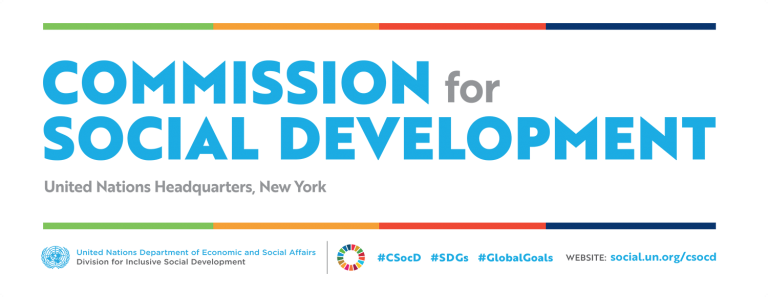UN General Assembly Launch Event of the 2019 International Year of Indigenous Languages
The President of the United Nations General Assembly is convening a High-Level meeting of the General Assembly to launch the 2019 International Year of Indigenous Languages. The meeting will be held on 1 February 2019, in the General Assembly Hall, from 10am to 1pm and from 3pm to 6pm.
 Welcome to the United Nations
Welcome to the United Nations
